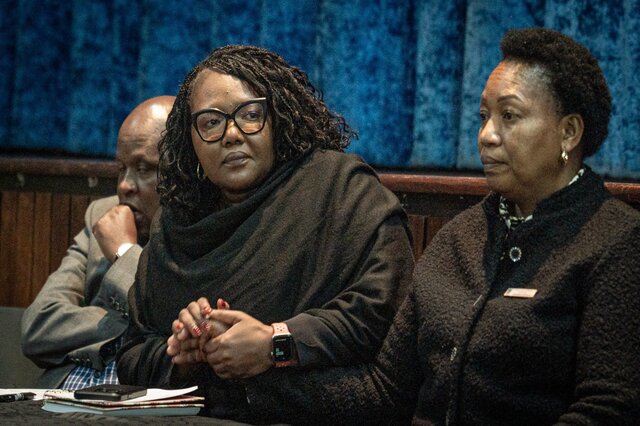Cape Town – While DA leader John Steenhuisen has reportedly backtracked on a strongly worded ultimatum to President Cyril Ramaphosa over the controversial Basic Education Laws Amendment (BELA) Bill, Minister Siviwe Gwarube is standing her ground.
eNCA reports that Gwarube, a DA member and Basic Education Minister in Ramaphosa’s Government of National Unity (GNU), will boycott the signing of the Bill, scheduled for Friday, 13 September.
Steenhuisen, however, who had said earlier this week that the Bill would threaten the young multi-party governance alliance seems to be singing a slightly different tune, according to News24.
Steenhuisen, one of the GNU party leaders who dined with Ramaphosa on Wednesday evening, told the Cape Town Press Club: “That is the law, whether we believe it is the correct law or not, that is the law, and until we get it overturned in court, it remains the law and it must be respected and it must be upheld.”
This is in stark contrast to his earlier statement: “If the president continues to ride rough-shod over these objections, he is endangering the future of the Government of National Unity and destroying the good faith on which it was based.”
Gwarube, meanwhile, said she remains opposed to the Bill in its current form.
[JUST IN] Siviwe Gwarube, Basic Education Minister, wont be attending today’s signing ceremony of the Basic Education Amendment Laws (BELA) bill into law by President Cyril Ramaphosa.
Gwarube said is opposed to the school language & Grade R policies in the bill. TCG pic.twitter.com/sCPMscWqjY
— EWN Reporter (@ewnreporter) September 13, 2024
“I have requested the President to refer it back to Parliament for reconsideration in terms of Section 79 of the Constitution.
“I have thus written to the President and notified him that, in the present circumstance, I cannot attend today’s signing ceremony until concerns regarding the Bill are rectified,” she said.
Objections to the BELA Bill centre mainly on the government being given more power to determine the language and admission policies of schools which critics say could undermine mother-tongue education.
The Afrikaans community in particular fears this could penalise schools that teach in its minority language.
Follow African Insider on Facebook, Twitter and Instagram
Picture: X/@Siviwe_G
For more African news, visit Africaninsider.com
Compiled by African Insider


